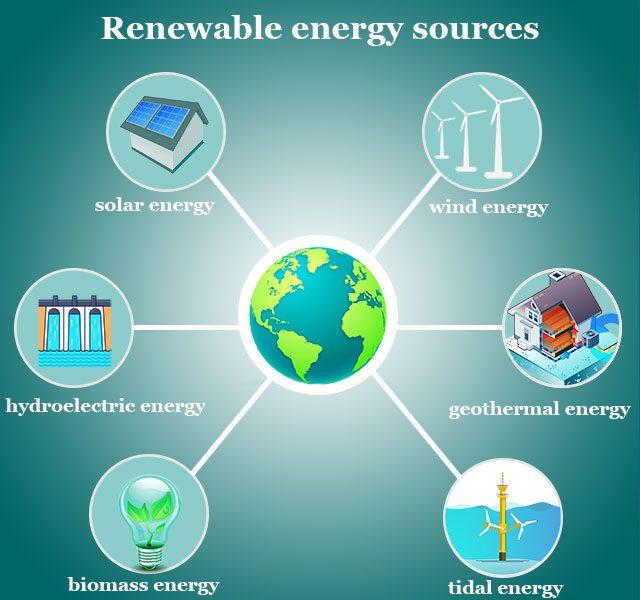Introduction to Renewable Energy in Guinea-Bissau
Guinea-Bissau is a small West African country with a growing interest in renewable energy. Understanding its renewable energy landscape is crucial to address the significant energy challenges faced by the nation.
1. Abundant Natural Resources
Guinea-Bissau is endowed with various natural resources, including solar, wind, and biomass. These resources provide a solid foundation for potential renewable energy development.
Solar Energy Potential
The country enjoys high solar insolation, making solar energy a promising sector. Investments in solar technology can drastically improve energy access for many households.
Wind Energy Harvesting
Coastal regions of Guinea-Bissau offer significant wind energy opportunities. Harnessing this wind energy could provide sustainable power for local communities.
2. Current Energy Infrastructure Challenges
Despite its potential, Guinea-Bissau faces several energy infrastructure issues. Many areas suffer from unreliable electricity supply, which hampers economic growth.
Dependence on Fossil Fuels
The nation currently relies heavily on imported fossil fuels for its energy needs. This dependence is not only expensive but also poses environmental concerns.
Limited Access to Electricity
Approximately 40% of the population lacks access to reliable electricity. This statistic emphasizes the urgent need for renewable energy initiatives in the country.
3. Government Initiatives and Policies
Guinea-Bissau’s government is exploring various policies to promote renewable energy development. This includes initiatives aimed at increasing investment in clean energy projects.
Incentives for Renewable Projects
Financial incentives and subsidies are being considered to attract private investors. These measures can play a crucial role in fostering a thriving renewable energy sector.
Partnerships with NGOs
Collaboration with non-governmental organizations has become vital in implementing renewable solutions. Such partnerships can enhance knowledge transfer and technical support.
4. International Support and Investment
Various international organizations are interested in supporting Guinea-Bissau’s renewable energy transition. Funding and technical expertise from abroad can accelerate local projects.
Global Climate Funds
Guinea-Bissau has access to several global climate finance mechanisms. These funds are essential for facilitating the development of sustainable energy infrastructure.
Strategic Alliances
Strategic alliances with countries leading in renewable energy can be highly beneficial. These collaborations can provide valuable insights and technologies for Guinea-Bissau’s renewable energy approach.
5. Future Prospects and Goals
The future of renewable energy in Guinea-Bissau looks promising with the right investments and policies. Long-term goals include achieving energy independence through sustainable resources.
Community Engagement
Engaging local communities in renewable projects will be crucial for success. Community involvement ensures that projects are tailored to the specific needs of the population.
Potential for Economic Growth
A successful shift to renewable energy could stimulate economic growth and job creation. This transition is not only essential for sustainability but also for enhancing the quality of life.
Conclusion
Renewable energy holds immense potential for Guinea-Bissau to overcome its energy challenges. By investing in sustainable resources, the country can pave the way for a brighter and more resilient future. For more information on renewable energy in Guinea-Bissau, visit this link.

